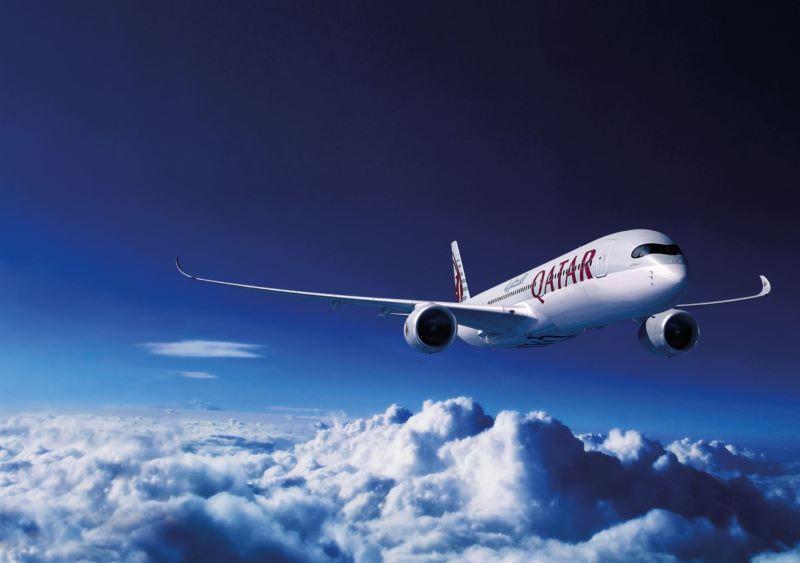
FRANKFURT—Airbus and Qatar Airways have agreed to settle their dispute around surface degradation issues affecting a large part of the airline’s A350 fleet, paving the way for Airbus to return to a normal relationship with one of its most important customers of the past two decades.
The two companies said Feb. 1 that they have “reached an amicable and mutually agreeable settlement.” They added that “a repair project is now underway and both parties look forward to getting these aircraft safely back in the air.” They will also “discontinue their legal claims.” The settlement was “not an admission of liability for either party” and enabled the two “to move forward and work together as partners.”
While the details of the agreement are confidential, Airbus had offered Qatar Airways to repair the affected A350s, a program that is now part of the solution. But importantly, major Qatar Airways aircraft orders for 23 more A350s and 50 A321neos are now reinstated. Both had been canceled during the course of the public legal battle that had unfolded over the past two years.
Qatar Airways is expected to receive its next A350 later in 2023 while the first of the A321neos is now scheduled to arrive in 2026, three years later than originally planned. Airbus had canceled the A321neo after Qatar Airways refused to take more A350s on firm order, escalating the conflict further. As a consequence, Qatar ordered 25 Boeing 737-10s at the 2022 Farnborough Airshow.
Over the past year, there have been numerous attempts by business partners of both parties to orchestrate a settlement behind the scenes. Airbus was at risk to lose an important customer for the long-term, while Qatar was going to be exclusively reliant on Boeing, which has had its share of program delays on the Boeing 787 and 777 programs, heavily affecting the airline’s fleet plans.
Qatar’s current widebody fleet includes 53 A350s and 10 A380s.
The airline had claimed compensation of more than $2 billion after it had taken 29 of its A350s out of service. The Qatar Civil Aviation Authority (QCAA) had grounded the aircraft. Premature surface wear on A350s has been affecting other operators, too, including Etihad, Lufthansa, Finnair and Cathay Pacific, but Qatar and the QCAA were the only ones claiming there was a safety risk. Airbus said at the time that “the attempt by this customer to misrepresent this specific topic as an airworthiness issue represents a threat to the international protocols on safety matters.”
Airbus identified two main root causes—differences in thermal expansion and lack of adhesion to titanium fasteners. The A350 paint system consists of multiple layers that cover the carbon fiber structure and the expanded copper foil (ECF) on top of it.
The case showed that the way paint is applied to an aircraft has to differ greatly depending on whether the fuselage is made of metal or composites. The A350 is Airbus’ first aircraft that has an (almost) all-composite fuselage. Aircraft are exposed to very high temperature differences, leading materials to expand and contract substantially. As Airbus found out, it gets vastly more complicated when different materials don’t react in the same way.
Airbus argued that “thermal cycling”—repetitive going from hot to cold and expansion to contraction—can lead to early surface wear and even expose the ECF, which then gets damaged further with no paint protection. One reason why the problem has been so significant for Qatar Airways is that its aircraft are exposed to particularly large temperature variations between cruise flight and time on the ground in the Gulf summer.
The European Union Aviation Safety Agency (EASA) had backed Airbus’ position following a visit by inspectors to Qatar in 2021. “Airbus has identified the root causes of the paint issue. Paint process have been further optimized and additional enhancement initiatives have been launched in accordance with these findings,” an EASA spokesperson said. “We are in contact with Airbus on the matter and are aware that the root-cause analysis has not identified any safety issue that would have an impact on the continuing airworthiness of the affected aircraft.”






Comments